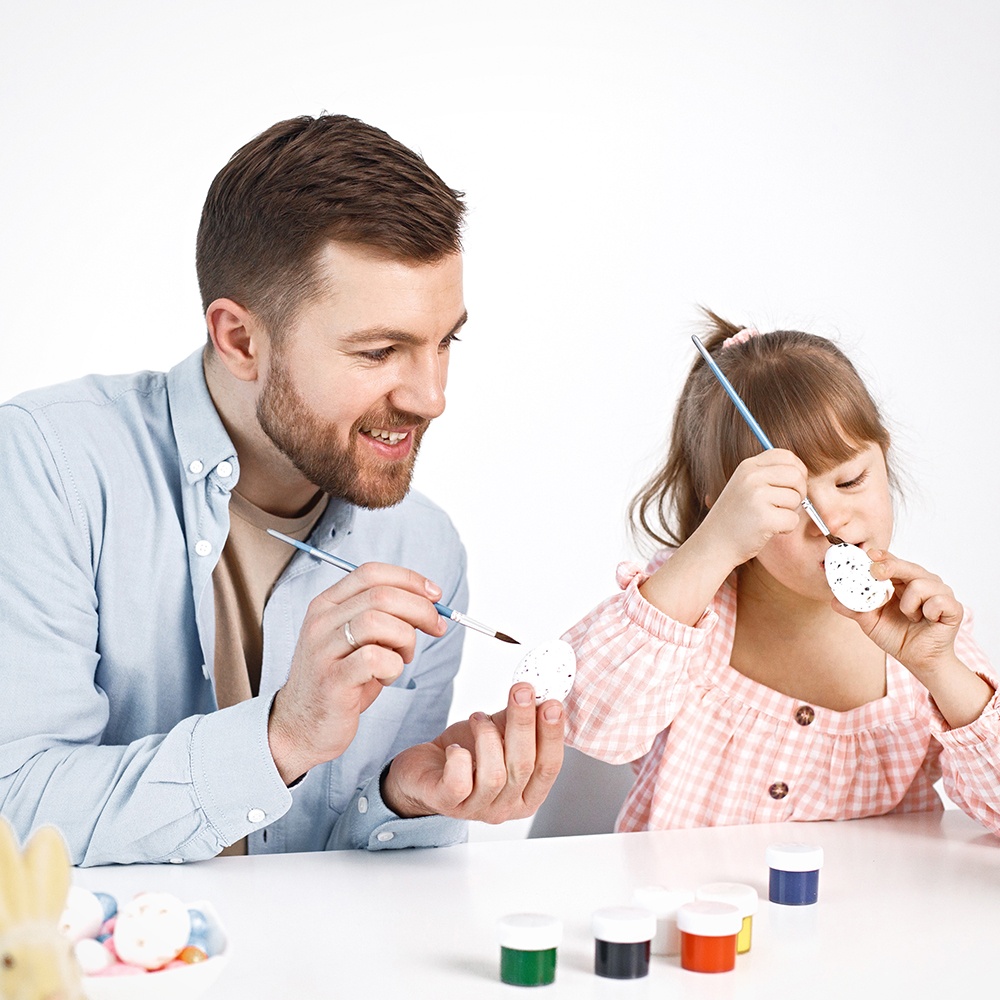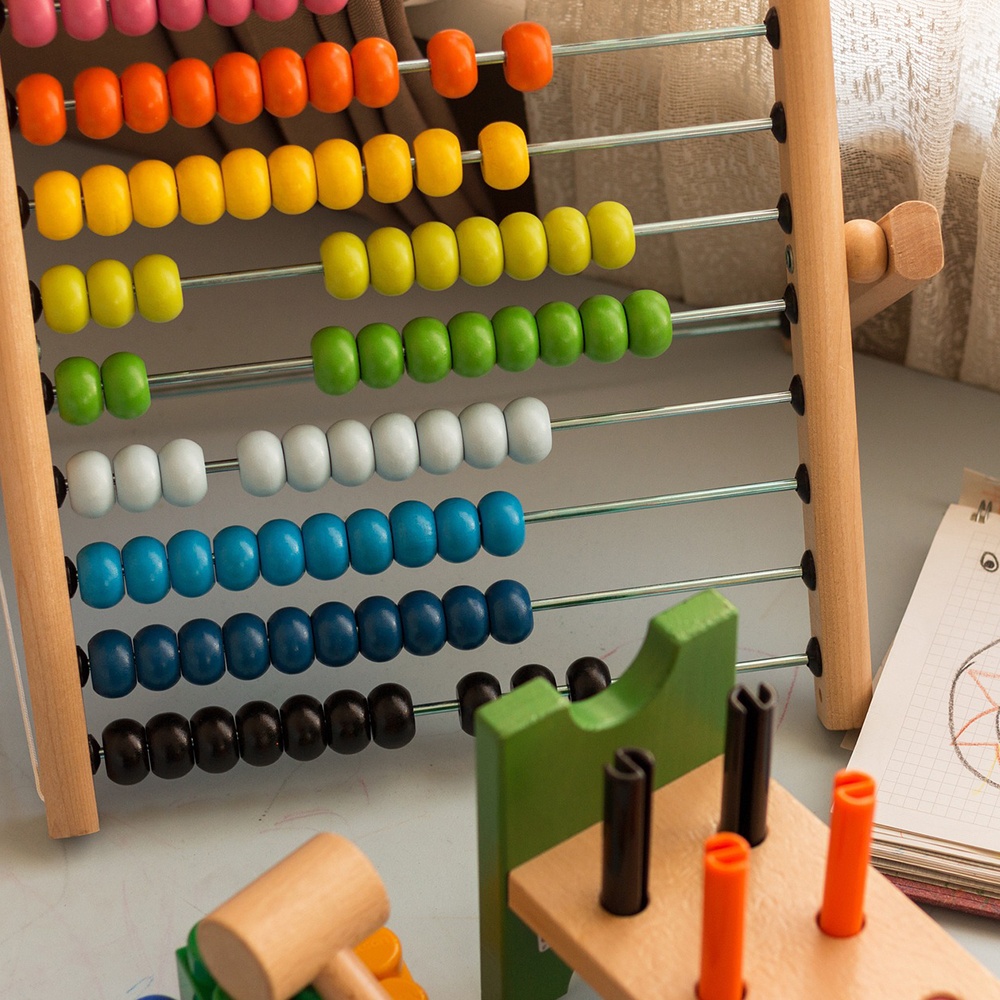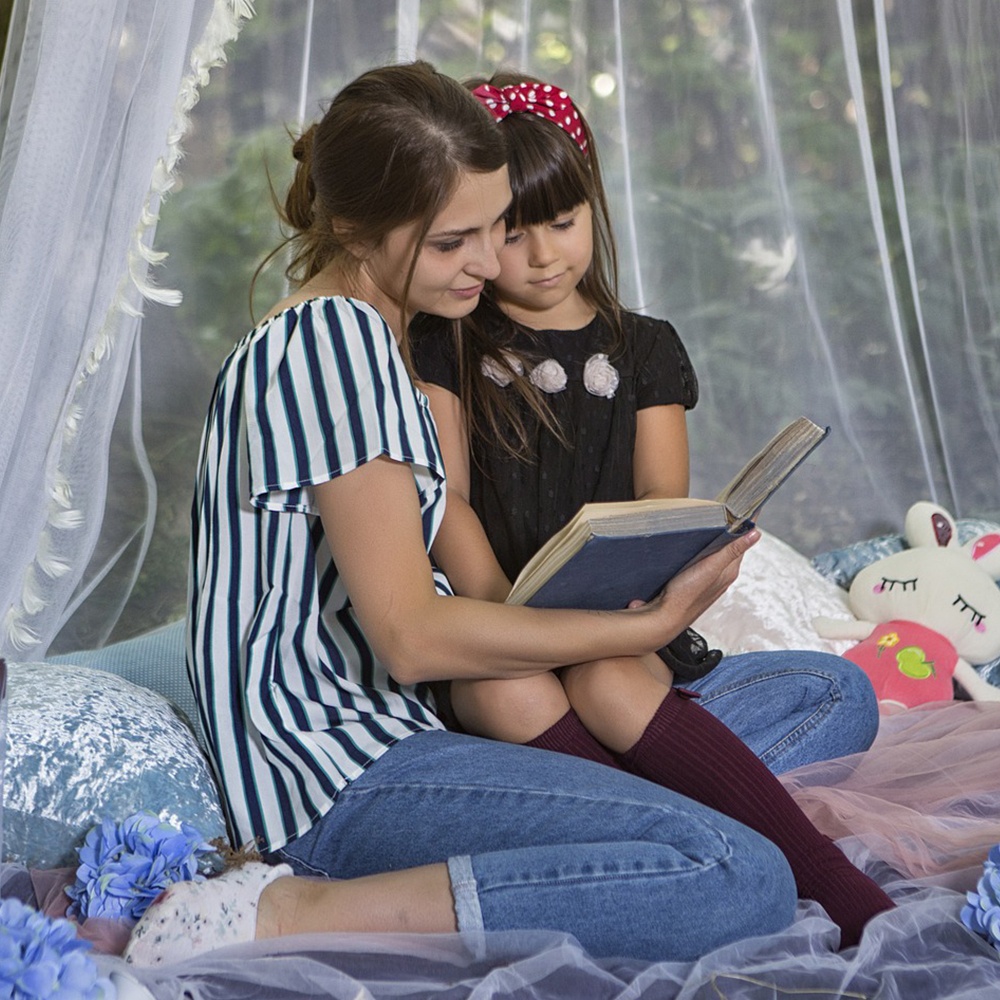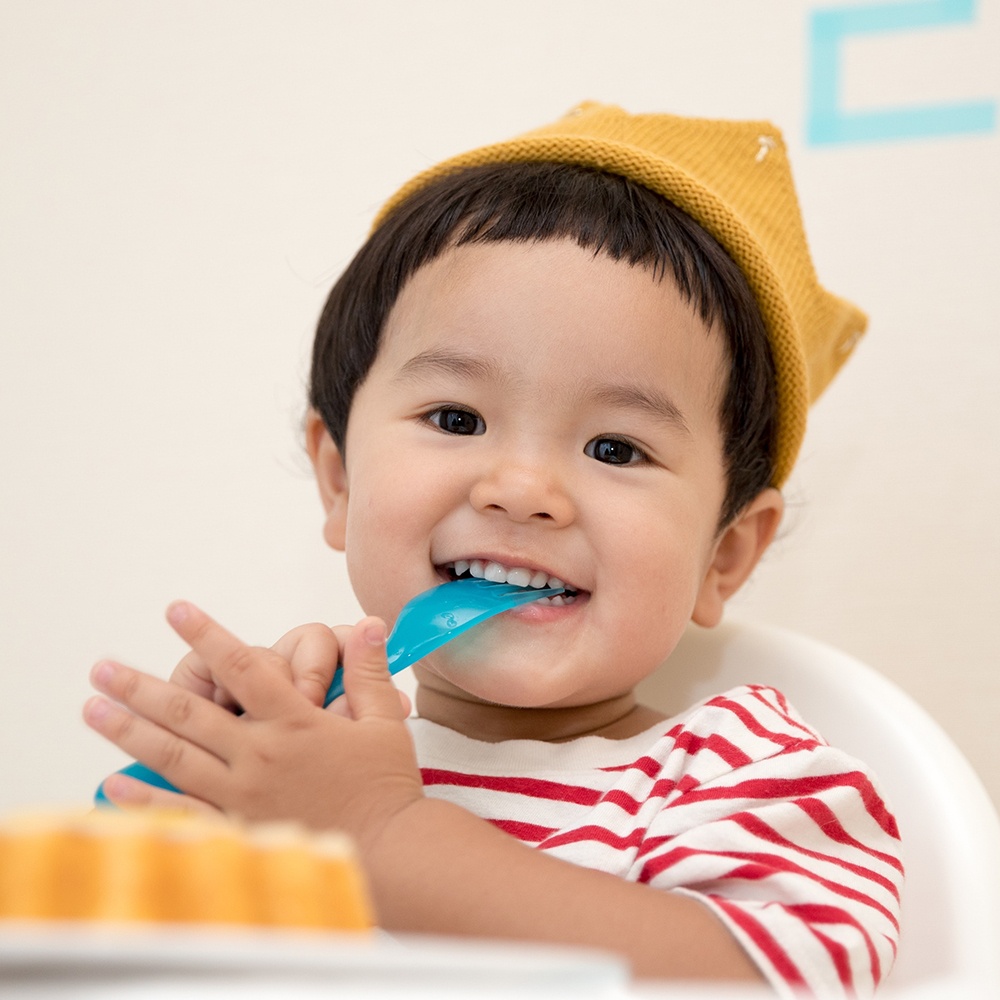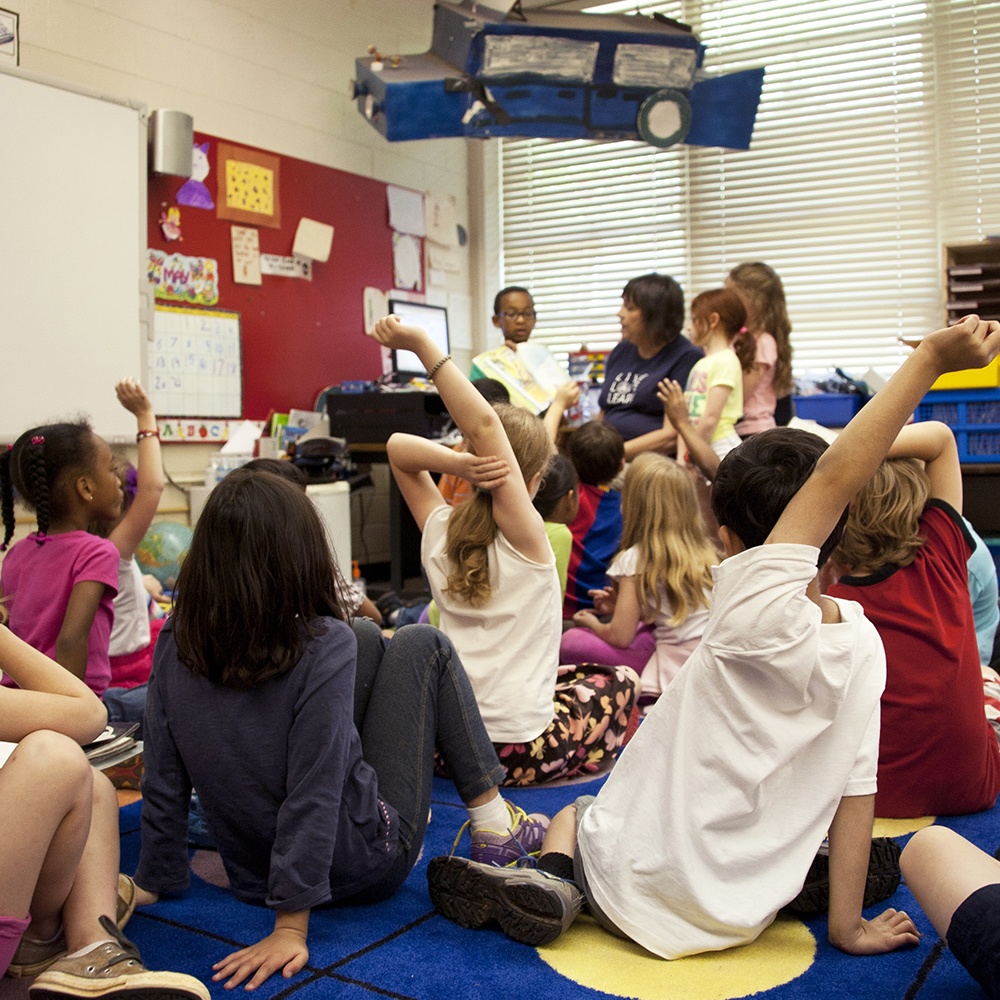Painting is Art
When kids begin to explore their talents and specialties, one of the areas some may excel in is painting. Even though painting may not be every child’s cup of tea, it sure does have benefits that both you and your child can learn from together.
Painting Benefits
Among the various aspects that painting allows you to cover, some of the greatest benefits integrated with painting are:
Painting can help your children communicate their emotions or feelings. Through the use of different colors, they can express themselves without the use of words.
Painting allows children an educational opportunity that is also fun and exciting.
Painting aids children acquire hand-eye coordination, an important skill in their age. This is developed while they learn to paint the parts that they see; making sure their hand movement is at par with their vision.
Painting aids your child develop mobility skills. Their hand muscles are being used, which allows them a scope to develop both mentally and physically.
Painting helps children acquire skills on how to focus on trivial details, painting on a canvas or a piece of paper requires varied painting skills.
Painting can be a great podium for children to progress and discover their creativity. They learn about various color mixtures and how they go together.
Painting can help children learn sizes, shapes, patterns and designs. These are all critical aspects of their curriculum during pre-school years.
Painting helps children develop their decision-making skills. They need to plan ahead as they choose which color should be used for different parts of the painting.
Painting can play the role of therapy for a child who might be feeling different emotions; whether these feelings are subtle or extreme in nature. In addition to communication, painting can help children feel better about things that they may have bottled up inside.
Perhaps the greatest benefit is the fact that painting provides you and your children a great platform to bond and spend valuable time together.
These are just a few benefits your child can acquire from painting. Painting can be a significant part of your child’s overall development and upbringing. Making it a point to take some time out once in a while to paint with your child can prove to be very rewarding in the long run.













